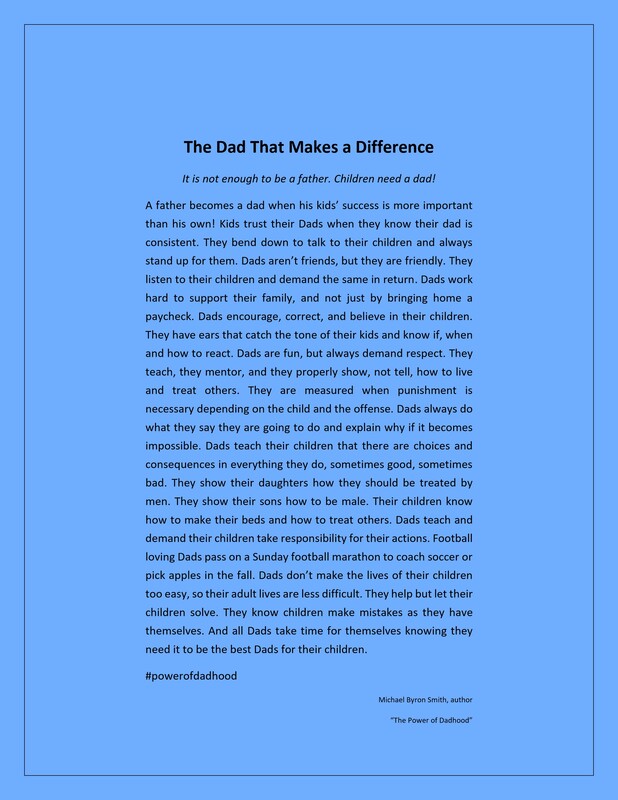 Photo by author
Photo by author My experiences with anxiety have come in handy as a parent. Taking advantage of your experiences to help others is called mentoring. Parents are constantly mentoring whether they know it or not.
I remember two' pearls of wisdom' I tried on my children when they were anxious about something they were 'going through.' Once, I told my oldest daughter to imagine herself on the moon looking down on the earth. That visualization was supposed to put her issue in perspective. When looking at the entire world, one's own demons appear much smaller. We all think 'the world' is continually judging us when it just isn't that interested in us. Maybe that is disappointing to egotists, but it's a good thing to know for someone suffering from anxiety.
Another time, my son was nervous about performing well in something very challenging and important to him. This time my advice was to "try like hell, but don't give a damn"! I meant for him to do his very best to prepare, all the way up to the challenge. But as the challenge is about to occur, back off a while, relax, clear your head and tell yourself, "I did all I could do, I don't care about worrying about it any longer because whatever will come, I now can handle." because you will not need to look back with regret.
I found this sage advice affirmed when I ran across a quote by William James, an American philosopher, psychologist, and physician.
"One ounce of good nervous tone in an examination is worth many pounds of anxious study for it in advance. If you want really to do your best in an examination, fling away your book the day before, say to yourself, 'I won't waste another minute on this miserable thing, and I don't care an iota whether I succeed or not.' Say this sincerely, and feel it, and go out and play, or go to bed and sleep, and I am sure the results next day will encourage you to use the method permanently."
One reminder, neither I nor Mr. James are suggesting to ignore painstaking preparation. Just give it a rest before your hard work and knowledge are tested. Be calm and purge your concerns just before your performance.
It's not just managing anxiety where you can help your family. You can help with confidence, fear, peer-pressure, responsibilities, and more. They all seem to tie-in with stress. I discuss all these issues in my book, The Power of Dadhood, which is a guide to mentoring your children. Being there for them, loving them, and nurturing them – all of these are so important to raising mentally healthy children.
I don't think I would have been as good at mentoring my children had I not read books. William James, Maxwell Maltz, Napoleon Hill, Norman Vincent Peale, and many others taught me things I didn't know or reinforced somethings that I hoped were true. The Power of Dadhood does not approach these writers' stratosphere, but I wrote it with their knowledge. If you are a father or a mother, my book will help you think and mentor your children. Do you have a higher calling? I think not.

















